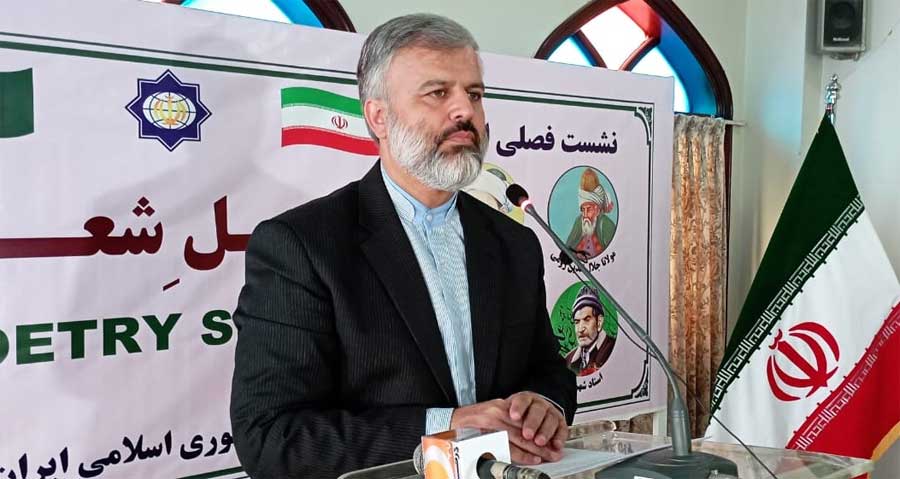Monitoring Desk
ISLAMABAD: A new report by the International Monetary Fund (IMF) has said Pakistan’s Public Sector Development Programme (PSDP) has become “unaffordable” due to limited fiscal space, as the government again proposes only Rs700 billion for the development budget for the next fiscal year.
“The PSDP is unaffordable with currently approved projects likely to take a decade and a half to complete before accounting for cost increases,” stated a technical assistance report that the IMF prepared after a visit in March at the request of Pakistan.
The technical assistance missions are separate from any programme review missions and are fielded at the request of the host country.
The report, which has not been officially released, has identified loopholes in Pakistan’s public investment management and recommended the measures needed to strengthen it.
Despite severe fiscal constraints and a huge backlog of incomplete projects, the report revealed that “new projects with a total cost Rs2.3 trillion were added by government in the last budget”. The fiscal squeeze was compounded by the need to make room for flood response measures during the year.
The report noted that the total cost to complete the already approved projects in the PSDP is Rs12 trillion, against a budget allocation of Rs727 billion for the outgoing fiscal year. The report added that at the current level of allocation, it would take over 14 years to complete just ongoing projects.
The technical mission report noted that the years to completion of the approved projects “is likely understated since ongoing projects not receiving funding in 2022-23 (known as unfunded projects) are not counted in the funding backlog”. It said that the fiscal year 2022-23 PSDP also did not include flood-related projects.
However, to the disappointment of the Ministry of Planning, the finance ministry has offered only Rs700 billion for the PSDP 2023-24, excluding any spending under the public-private partnership. Hoping against the hope, the finance ministry thinks that another Rs200 billion will be spent under the public-private partnership mode, according to the Ministry of Planning officials.
The Rs700 billion indicated development budget ceiling is only equal to 58% of the Rs1.2 trillion that the Ministry of Planning asked for the next fiscal year. The planning ministry sought the Rs1.2 trillion budget to offset the impact of currency devaluation and increase in the cost of ongoing schemes due to high inflation.
The indicated budget ceiling of Rs700 billion by the Ministry of Finance is very low and we are seeking to increase it to at least Rs1 trillion, which was also the level of the PSDP budget in 2018, said Ahsan Iqbal, the Minister for Planning, while talking to The Express Tribune.
The Ministry of Finance unduly delayed the finalisation of the budget ceilings and indicated it to the Planning Ministry as late as this Monday.
The planning ministry has decided to take up the issue of the low budget ceiling with the Finance Ministry, said a senior official of the Ministry.
Pakistan had requested the IMF to provide technical assistance in strengthening the public investment sector. A team from the IMF’s Fiscal Affairs Department and the World Bank undertook a combined Public Investment Management Assessment (PIMA) and Climate PIMA (Climate-PIMA) during the period from March 14 to March 28, 2023.
The IMF shared the draft of the report with the Ministry of Finance last month.
For the current fiscal year, the government had allocated an Rs727 billion budget. But till May 15th, only Rs384 billion or 53% of the annual budget could be spent, according to the documents.




